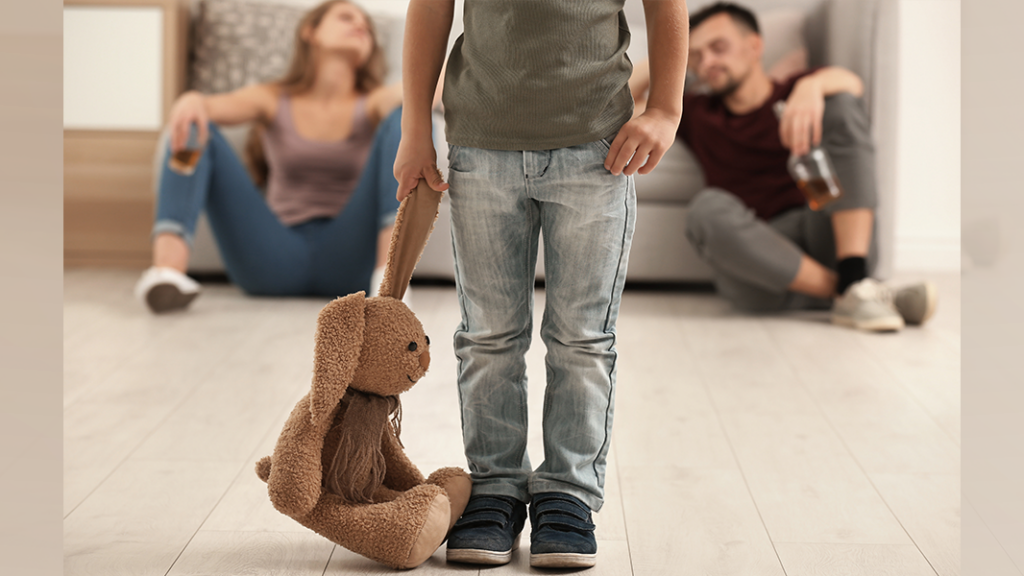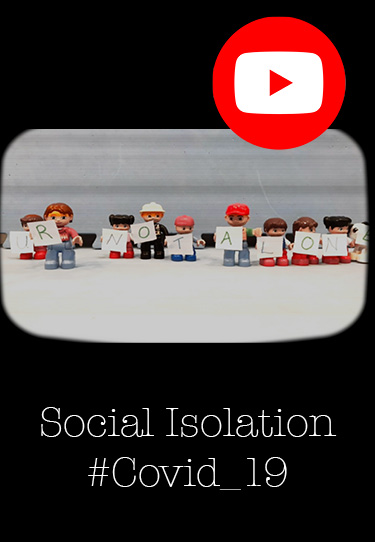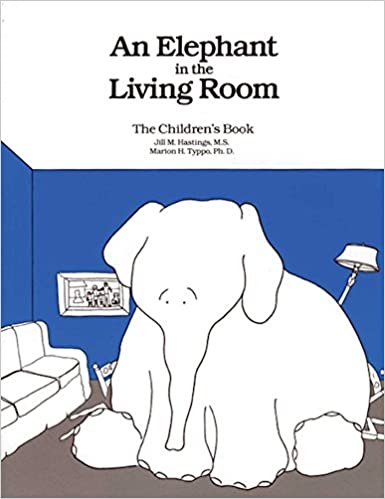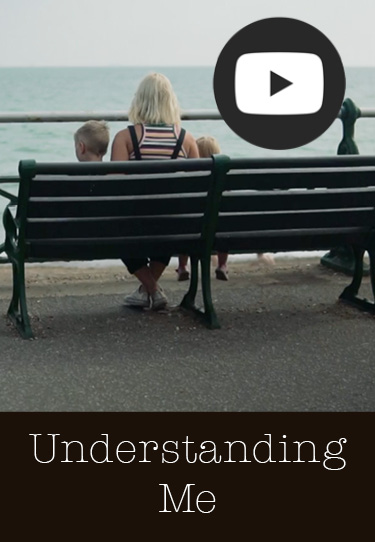FAQs
Below are questions children often have about alcohol and how it affects families.
If you have a question that isn’t listed, please ask us. For questions about contacting Nacoa, see Helpline FAQs.

Why do people drink alcohol (even when it makes them ill, cry, angry, do silly things)?
There are many reasons people drink alcohol. Some people like the taste. They may drink at parties and other events, often with family and friends. Others like the feeling of being drunk. Sometimes people drink alcohol to feel calmer or to try to cope with problems, such as job or money worries.
Alcohol is a drug made by fermenting fruit or grains. Drinking alcohol affects the brain and the body, so it can change how people feel and act. It can change their moods and make them happy, sad, angry, tearful, chatty or quiet.
Alcohol affects memory, meaning people don’t always remember silly, embarrassing or other things they say or do when drinking. People keep drinking because the good feelings they experience outweigh horrible effects, such as being sick or feeling ill the next day (a hangover).
When does someone have a drinking problem? Is my parent an alcoholic?
If you feel affected by someone else’s drinking, there could be a problem. The questions below look more at what alcohol problems are and why people continue to drink even when it’s affecting their lives and people around them.
What is alcoholism?
Alcohol addiction, or alcoholism, is like an illness where someone has lost control over their drinking. They might only mean to have one or two drinks and end up drinking more.
People don’t set out to have an alcohol problem. They often start drinking for fun and end up drinking to feel ‘normal’. They often need professional help to stop drinking.
How does my mum or dad manage to drink all day every day?
People’s bodies get used to drinking and they end up needing to drink more alcohol to have the same effect. This is called tolerance.
When they’ve not had a drink they can get anxious, shaky and sweaty. Sometimes they can have a seizure (fit), where their whole body shakes, and they may go unconscious. This is called withdrawal. Drinking more alcohol can make these feelings stop and help the person feel ‘normal’.
Can drinking too much be harmful?
Too much alcohol can be harmful to our body and brain. Drinking alcohol can:
- cause accidents and injuries
- lead to health problems such as liver disease, heart disease, some cancers, and diabetes
- make it harder for our bodies to fight off common illnesses and infections
- affect our mental health and lead to problems such as depression, anxiety and thoughts about wanting to die
Why does my mum or dad continue to drink when it’s hurting them and me?
If somebody has an alcohol problem, they continue to drink even when it is affecting their lives, their health, and the people around them.
Often the person drinking doesn’t realise they have a problem. Even if they become aware something is wrong, they may not think it is to do with drinking. They may blame other people or problems in their life, such as work stress. Whatever anyone says, you are not responsible for your parent’s drinking and it’s not your fault.
Drinking becomes their main focus. They see drinking as the solution to their problems rather than the cause. The need to drink becomes so important that they may hurt and upset those they love. If they are a mum or dad, this can leave children feeling like they are not important.
When people drink, they can act differently and hurt themselves and people around them. See Help & Advice for ways to stay safe. If you are frightened, contact Nacoa and we can help you find a safe place, or phone ChildLine on 0800 1111. The Police and Ambulance Service are also here to help and want you to be safe – call 999.

My parent has a drink problem. Are they going to die?
Drinking too much can be harmful. Knowing someone is drinking heavily can be worrying.
The idea of a parent dying is scary for everyone, and when alcohol is involved, it can bring up a range of difficult feelings. It is OK to talk about your feelings or thoughts.
If your parent has died, you may find it helpful to talk to Nacoa and to look at our Coping with the Death of a Parent leaflet.
Why do people become alcoholics?
People don’t set out to have a drink problem. They often start drinking for fun or to try to cope with problems in their lives. They end up drinking heavily and need alcohol to feel ‘normal’. Over time, they can lose control over their drinking.
Is there a cure for alcoholism?
Alcohol problems are treatable – people can find help for their drink problems and go on to live healthy lives.
For some people, this is possible by not drinking any alcohol, referred to as ‘being in recovery’. Many do this with the help of self-help groups, such as Alcoholics Anonymous. Some people need medical help and go into treatment or rehab. This can mean they have to live somewhere else for a while.
Why can’t our doctor do anything about it?
Doctors can offer advice and suggestions, but the person drinking has to accept that they have a problem and want help. Help is available but no one can be forced to accept it.

Should I hide, pour away or water down their alcohol?
You can’t control someone else’s drinking. Hiding, pouring away or watering down alcohol may make things worse, and the person drinking may become angry, aggressive or secretive.
How can I stop my parent from drinking?
You can’t stop anyone drinking. There is help for people with drink problems, but they have to accept that they have a problem and want help.
Remember that their drinking is not your fault. You can feel better whether your parent continues to drink or not. Try talking to someone you trust, like a friend, teacher, relative, or Nacoa.
What else can I do?
You are important too. Find time for things that you like, whether it’s sports or hobbies, playing in your room or in the garden, reading a book or watching TV, or going to a friend’s. Sometimes worries can take over, and doing something you enjoy (even if just for a short while) can help.
How many people are affected by their parents’ drinking?
1 in 5 children in the UK are currently living with a parent who drinks too much. You can be affected by your parent’s problems even if you are not living in the same house or if they no longer drink.
How does a parent’s drinking affect the family?
Alcohol problems do not only affect the person drinking, but also everyone around them, including family and friends. It can be especially difficult for children when their parent has a drink problem.
Alcohol problems can lead to other issues. Sometimes there are money problems, parents can argue a lot, or there can be violence and mood swings. What’s OK one day may not be OK the next. Children may feel upset, scared, lonely, confused, forgotten, ignored, embarrassed or ashamed.
Remember, none of this is your fault. You can talk to us at Nacoa.
My parent has a drink problem. Does that mean I will too?
People who have grown up with a parent who has a drink problem have an increased risk of developing an alcohol problem themselves. However, this does not mean that you will end up drinking like your parents.
Be aware of the risks, look after yourself, and learn healthy ways of coping. Talk about your worries to someone you trust or contact the Nacoa helpline.
Why doesn’t my mum or dad love me enough to stop drinking?
When people become dependent on alcohol, they often see drinking as the solution to their problems rather than the cause. Alcohol becomes their main focus in life.
The need to drink becomes so important that they may hurt and upset those they love. If they are a mum or dad, this can leave children feeling as if they are not important or cared for. Children often feel to blame for their parent’s drinking or feel they may have caused it.
Whatever anyone says, you are not responsible for your parent’s drinking. It’s not your fault.
Why has this happened to me? Have I done something to deserve it? Is it my fault?
You do not deserve it and it isn’t your fault. Drink problems can affect people of all ages from all sorts of families and places. There are many reasons why people develop alcohol problems.
Children can feel guilty and ashamed that they have not been able to help their parent stop drinking. Please know that someone else’s drinking is not your fault, you did not cause it, and you can’t control it. Parents sometimes blame children, and everyone else, for their drinking.
You had no control over the problem starting and you can’t make it stop. Only your parents can take responsibility for their behaviour. See Help & advice for ideas to help you feel better.
Why doesn’t anyone talk about it?
When someone has a drink problem, families often keep it a secret and try to hide it from the outside world.
Some people have said it can be like living with an ‘elephant in the room’ because there is this big thing that everyone knows is there, yet no one talks about it, or they try to pretend that it isn’t there.
Talking about it can feel like you are telling on your family. It is OK to talk to someone you trust. You can always talk to us at Nacoa.

Why doesn’t anyone help me or notice what is going on?
Families often want to keep problems to themselves. They may not talk about what’s happening. This makes it difficult for other people to offer support or even realise there is a problem. If people do notice, they may not know what to say or do.
When no one speaks up or offers help, children often feel alone and like they are the only ones going through this. This can make you feel unnoticed and unimportant. Or like you are the problem because no one else seems to see what’s going on.
Your feelings and needs are important. You are not alone. There are people you can talk to who understand.
How can I cope with an alcoholic parent?
Try to find someone you can talk to who understands the problem. This could be a family member, teacher, or organisation like Nacoa. Talking about how you feel is not telling on your family and can help you feel less alone. Sometimes people think they are to blame for their parent’s drinking and feel guilty. Sharing your thoughts and feelings can help you understand that it is not your fault and help you feel better.
What can I do to help my brothers and sisters?
Let them know about this website. They can talk to us at Nacoa too if they want to. They may think talking about family problems is like telling tales. Remember that it is OK to talk about it and it’s not your or your brother or sister’s fault.
Doing things and spending time together can help you forget about the problems for a while. See Help & advice for ideas on how you can all feel better.
At Nacoa, we will happily look for support near where you live (you don’t have to give us your full address). There are people and places that can help.
What can I do if people say nasty things about my family?
Many people do not know much about alcoholism. They don’t understand why your parent can’t just stop drinking. They may not understand how drinking affects the whole family, especially children. People can be quick to judge and may say nasty things. If the person who is criticising or judging your parent is important to you, you could let them know about the Nacoa website.
What can I do to feel better?
You are important too. Find time for things that you like. Remember, your parent’s drinking is not your fault. Try talking to someone you trust. You are not alone and you can always talk to us at Nacoa. We understand what it can be like when a parent drinks too much. For more ideas on how you can feel better, see Help & advice.
Where can I read about other peoples’ experiences?
Reading the stories of other children who have a mum or dad that drinks too much helps you to know you are not alone. See what it’s like for other children on the Experiences page.


















